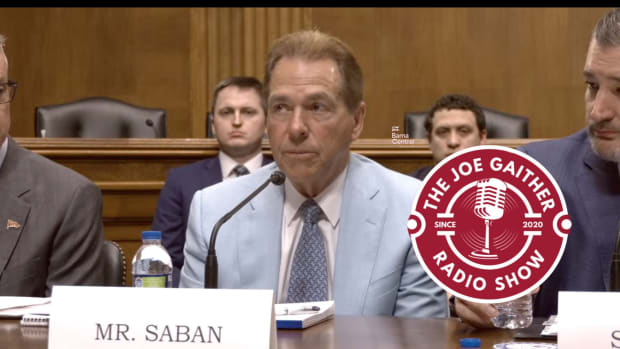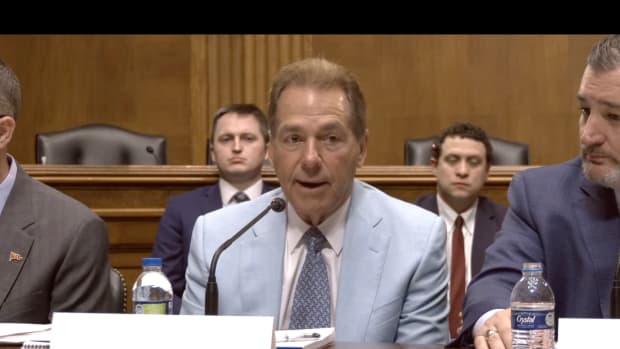NCAA's One-Time Transfer Rule Takes Another Step in Becoming Official
On Thursday afternoon, the NCAA Division 1 Council met virtually and finalized legislation that will allow any student-athlete across any sport to transfer, for one time, without having to sit out for a year.
The legislation will still need to be ratified by the Division 1 Board of Directors on April 28.
“Allowing student-athletes a one-time opportunity to transfer and compete immediately provides a uniform, equitable and understandable approach that benefits all student-athletes,” Council vice chair Jon Steinbrecher, who chairs the Working Group on Transfers and is commissioner of the Mid-American Conference, said in a press release. “The decision is consistent with Division I’s goal of modernizing its rules to prioritize student-athlete opportunity and choice.”
Other legislation includes deadlines that student-athletes must meet to provide a notice of transfer. For fall and winter sport athletes, it is May 1, while for spring sport athletes it will be July 1.
Deadlines can be extended if there is a coaching change.
Schools cannot object to which school a student-athlete wants to attend and transferring athletes must meet progress-toward-degree requirements and be otherwise academically eligible to play immediately.
The wavier process will still exist for athletes who wish to transfer more than once or who do not meet the criteria of the one-time transfer exception.
"SAAC feels honored to be a part of this major decision and landmark legislation,” Council member Caroline Lee, the Division I Student-Athlete Advisory Committee vice chair, who played soccer and earned a degree in biology pre-medicine at Southeastern Louisiana said. “The ability to compete immediately offers the utmost flexibility and support of the student-athletes we serve and is a positive step toward improving their overall experience and future success.”




